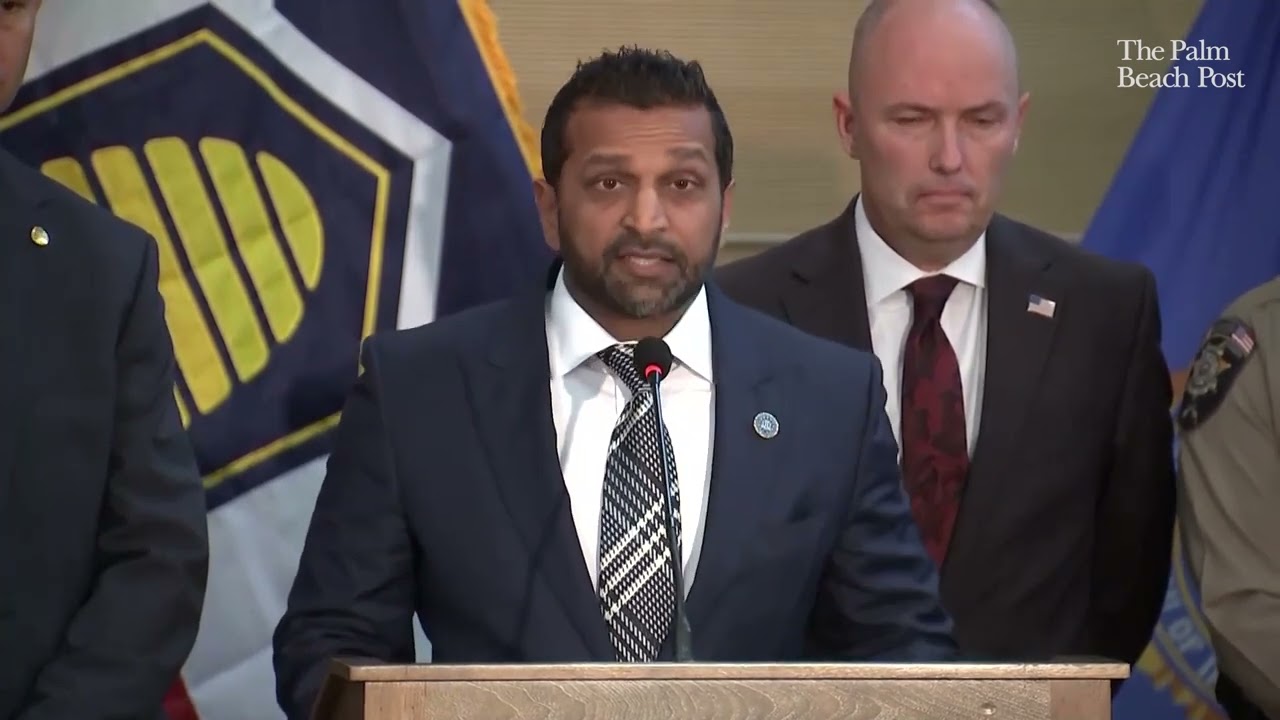FBI Director Kash Patel’s words following the tragic death of Turning Point USA founder Charlie Kirk quickly captured public attention. In a solemn tribute, Patel declared, “To my friend Charlie Kirk: Rest now, brother. We have the watch, and I’ll see you in Valhalla.” The statement, while heartfelt, has sparked discussion about its meaning, symbolism, and appropriateness.
The line carried layers of cultural and symbolic weight. Beginning with “Rest now, brother,” Patel spoke with fraternal tenderness, signaling that Kirk’s fight was over and that his allies would carry on in his absence. The phrase “We have the watch” drew from military tradition, where standing watch means taking responsibility for others’ safety and mission. In this context, Patel assured supporters that those left behind would continue the work Kirk devoted his life to.
But it was the final phrase, “I’ll see you in Valhalla,” that generated the most conversation. In Norse mythology, Valhalla is the great hall where warriors slain in battle feast and await their final destiny. The imagery is powerful: a place of honor reserved for the brave who fell in combat. By invoking Valhalla, Patel was elevating Kirk as a warrior whose life was cut short but who would be remembered as one of the valiant.
The tribute, however, was not without controversy. Critics pointed out that Charlie Kirk was a committed Christian, and Valhalla is a pagan concept far outside the Christian understanding of the afterlife. Some questioned whether it was fitting to place Kirk in such a framework. Others noted Patel’s own Hindu background, suggesting that the symbolism was borrowed rather than rooted in either man’s personal faith tradition.
Still, defenders argue that the language was metaphorical, not theological. References to Valhalla have often been used in the modern West as a cultural shorthand for bravery, sacrifice, and eternal honor, regardless of literal belief. Patel’s intention, they argue, was not to redefine Kirk’s faith but to paint him as a warrior who fought courageously for his cause.
Whether seen as poetic tribute or cultural misstep, Patel’s words resonated far and wide. For many supporters, the imagery captured both grief and resolve: Kirk’s battle is over, but the mission continues. The phrase “We have the watch” reassured a shaken conservative movement that they would carry forward the torch, while “See you in Valhalla” underscored the enduring honor of one of their most outspoken voices.
In the end, Patel’s tribute reflects the intensity of the moment, an effort to comfort, inspire, and rally, even as questions linger about the language he chose.


Leave a Comment